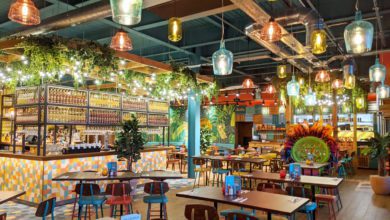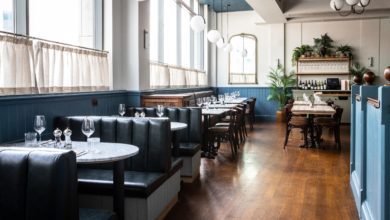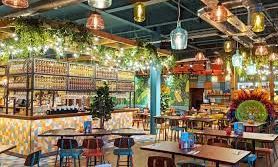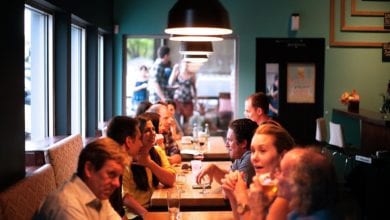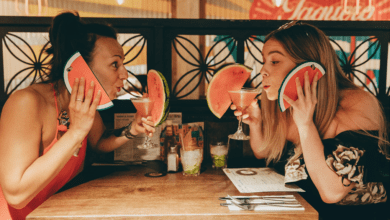Features
Q&A with Alan Morgan, CEO of The Big Table Group
The Big Table Group, which owns Bella Italia, Las Iguanas and Cafe Rouge, recently announced plans to open 50 new restaurants. The expansion will invest in excess of £50m and create 1,250 new jobs. CEO Alan Morgan shares with Catering Today the decision behind the expansion, how the group has recovered from the pandemic, and why the brand has gotten increasingly popular.
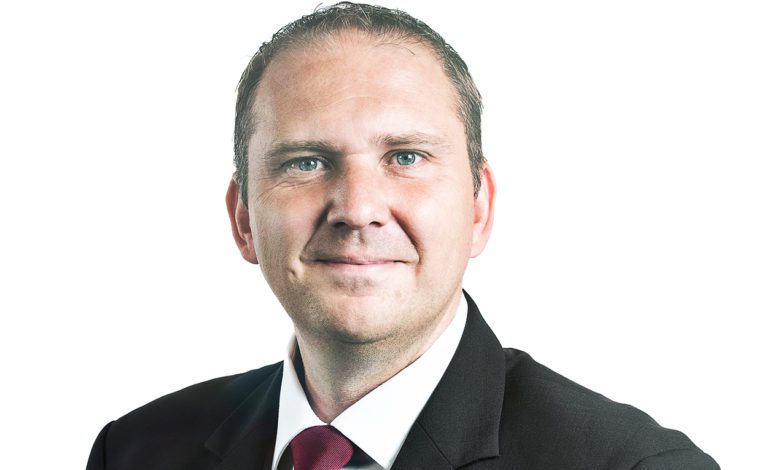
You'll need to
subscribe to unlock this content. Already subscribed? Login?



